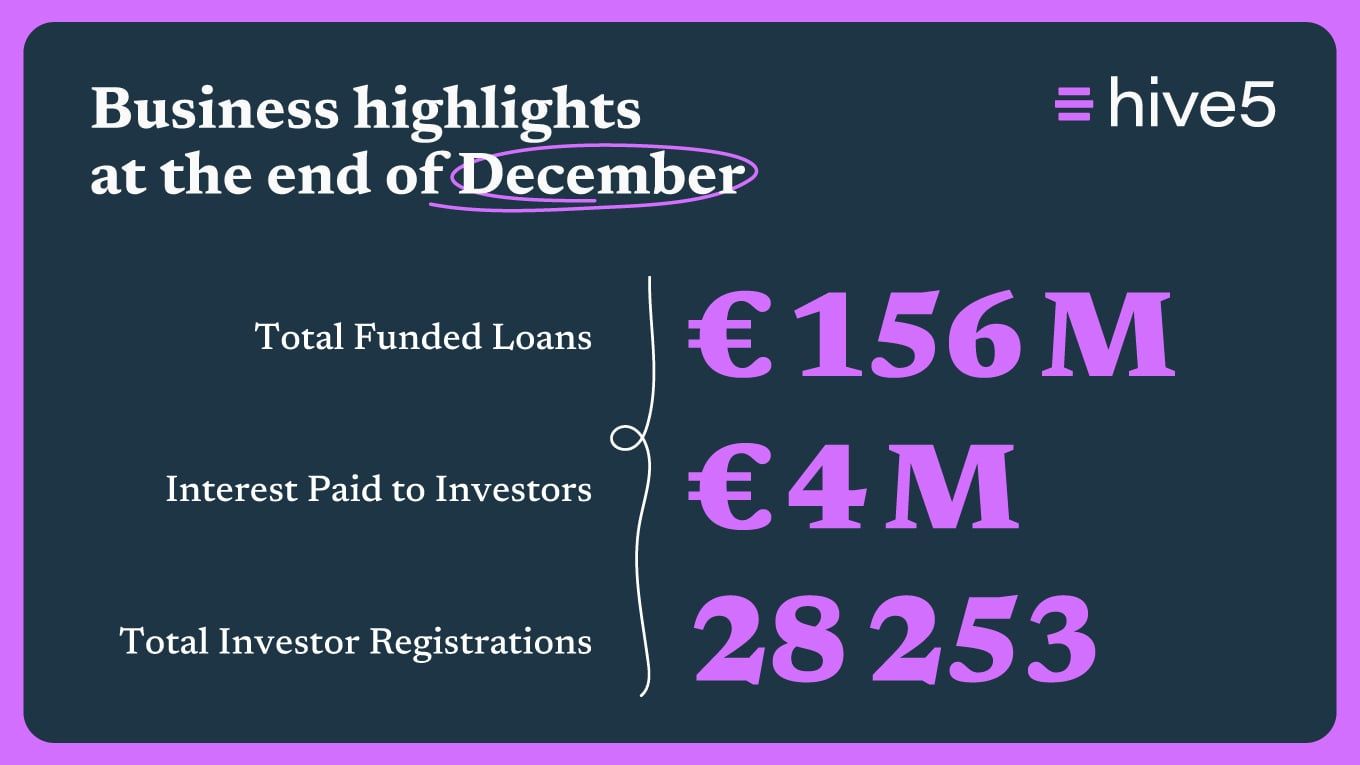Your investment decisions are influenced by psychology. It is a fact that many investors face their instincts and habits. Whether you're new to investing or have many years of experience, understanding how emotions and biases shape financial decisions can help you make smarter choices.
Our team has checked some scientific articles about investment psychology and wants to share its main conclusions.
Loss Aversion: The Fear of Losing Money
One of the strongest emotions in investing is the fear of loss. Research shows that people tend to feel the pain of a loss twice as strongly as the joy of a gain.* This means many investors are uncertain about taking risks, even when there are many growth opportunities.
How to avoid it: instead of focusing on individual losses, look at your portfolio's long-term growth. Diversifying your investments across different loans and markets can help balance risk and profit.
Confirmation Bias: Seeking What We Want to Believe
Investors often seek information supporting their beliefs while ignoring data that disagrees with them.** For example, if someone believes P2P lending is risky, they may only pay attention to negative news and ignore positive performance reports.
How to avoid it: keep an open mind. Read positive and negative insights about your investment choices and consider expert analysis rather than relying only on personal opinions.
Overconfidence Bias: Thinking We Know More Than We Do
It's natural to feel confident about decisions, but too much confidence can lead to risky investments. A study found that frequently traded investors perform worse than those who make fewer transactions.*** In P2P lending, this could mean overestimating how quickly returns will come or assuming no risks exist in high-yield loans.
How to avoid it: set realistic expectations and rely on data. We always recommend using the automated strategies tool on hive5 managing investments systematically and reducing emotional decision-making.
Recency Bias: Letting Recent Events Dictate Decisions
When a platform like hive5 experiences strong monthly growth, some investors may assume it will always continue at the same rate. Similarly, if a market slowdown occurs, fear can drive people to withdraw funds unnecessarily. This is known as recency bias - when we give too much importance to short-term trends rather than long-term results.*
How to avoid it: the best advice would be to review performance over a more extended period instead of reacting to temporary market shifts.
Herd Mentality: Following the Masses
It's easy to follow popular trends, especially in investing. If everyone is investing in a specific type of loan, you might feel like you should, too. However, blindly following the crowd can lead to bad decisions, as seen in historical market bubbles.****
How to avoid it: base your investment decisions on research and logic, not just what others do. Hive5 provides statistics, helping you make informed choices.
Smart Investing on Hive5
If you have just started your investment journey, always keep in mind that investing is about understanding how your emotions and biases impact your decisions.
We seek to create a transparent platform where investors can make well-informed decisions. Stay patient, diversify, and always keep long-term goals. If you need any help - we are here to help you: support@hive5.co
Sources:
* https://www.jstor.org/stable/1914185
** https://psycnet.apa.org/doiLanding?doi=10.1037%2F1089-2680.2.2.175.
***https://onlinelibrary.wiley.com/doi/abs/10.1111/0022-1082.00226.
****https://press.princeton.edu/books/hardcover/9780691173122/irrational-exuberance



